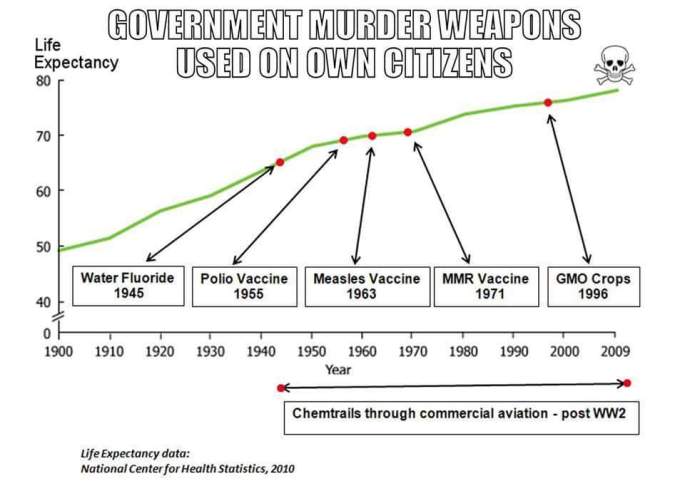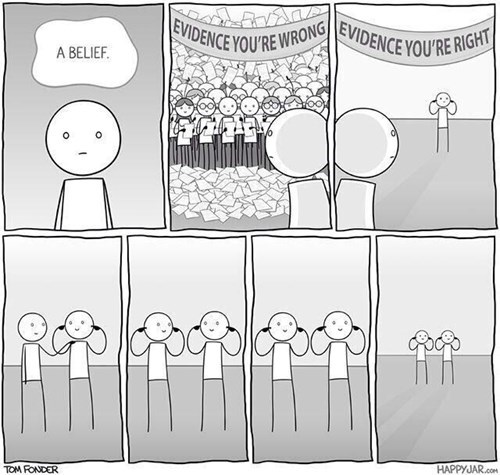When I was an infant, I was ignorant of everything.
As a child, I was self interested, seeking what entertained me over all else.
As a teenager, I was arrogant and cocky about my knowledge.
As a young adult, I was sure I knew more than enough to succeed and leapt from the nest without a second thought.
I crashed. Time and time, I failed.
Eventually, I began to appreciate how much I didn’t know.
I understood, through my own trails, the real depth of empathy.
I learnt to anticipate the effects of my actions on others and strived to make them positive.
Patience. Patience has been the hardest thing to learn.
And today, I’m not angry, I strive to avoid too much self interest, I seek out what is necessary for a good life rather than listen to the wants of passing desires and I accept what I must work for over what I would like simply handed to me.
I began New Anthropocine with an idea. In short, there’s no question that our species is a force of nature. Daily, we modify the hydrological and chemical cycles, we reshape genetic diversity and natural landscapes and we even modify our climate. It’s the Anthropocine – an era where one species dominates everything.
By ‘New’ I’d like to think that we have reached a level of understanding that we are able to take responsibility for that dominance.
But we’re not at a point where we will willingly work for goals bigger than ourselves. We couldn’t care less for the necessities of a good life while the trinkets of want glitter from shop windows. We still expect an easy life – so much so that we utterly ignore the resulting social and environmental costs result from our actions.
We are impatient, selfish, cruel and heading for crash after crash.
The evidence for this has long been obvious in environmental degradation, debilitating social inequality and the resulting social impacts.
Yet, the political rhetoric surrounding the carbon price (here in Australia), refugees and ethnic groups have all grown more dreadful as they become further from the truth, to the point that facts have become irrelevant. Blind anger is a massive voting block.
From the vote against the carbon price, to Brexit and now, the next President of the free world, I’ve been left speechless. I feel like a mute prisoner stuck in the mind of my young adult self.
Collectively, we are moving down a path that is dangerous, isolating and irreversibly damaging to our resources, our prosperity and ourselves. Bad ideas dominate because they reward their messengers while the rest of us have failed to provide an effective rebuttal.
Hence, I can’t call this the New Anthropocine. I’m even tempted to say that it’s not even the Anthropocine at all.
Maybe, because we are simply the agents of potent ideas, it should be called the Memeocene.



